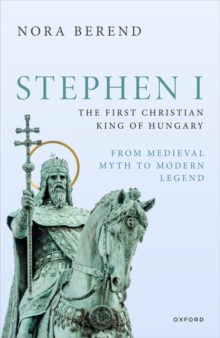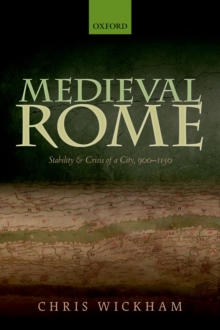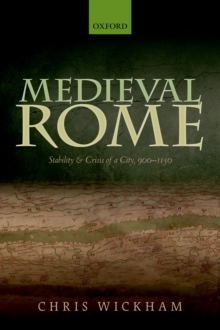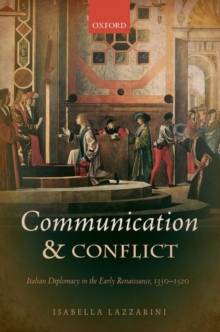
The Making of Lay Religion in Southern France, c. 1000-1350 Hardback
by John H. (Professor of Medieval History, Professor of Medieval History, University of Cambrid Arnold
Part of the Oxford Studies in Medieval European History series
Hardback
- Information
Description
What was Christianity like for ordinary people between the turn of the millennium and the coming of the Black Death?
What changed and what continued, in their experiences, habits, feelings, hopes, and fears?
How did they know themselves to be Christians, and indeed to be good Christians?
This book answers those questions through a focus on one specific region -- southern France -- across a particularly fraught period of history, one beset by the changes wrought by the Gregorian reforms, the spectre of heresy, the violence of crusade, the coming of inquisition, and the pastoral revolution associated with the Fourth Lateran Council (1215).
Using an array of different historical documents, John H.
Arnold explores the material contexts of Christian worship from the eleventh through to the fourteenth centuries, the shifting episcopal expectations of the ordinary laity, the changes wrought through wider socioeconomic developments, and periods of sharp inflection brought by the Albigensian crusade and its aftermath.
Throughout, the book explores the complex spectrum of lay piety, finding enthusiasms and doubts, faith and scepticism, agency and negotiation.
It explores not just developments in the content of faith for the laity but the very dynamics of belief as a lived experience.
We are shown how across these key centuries Christianity developed in its external practices, but also via inculcating a more interiorized and affective mode of belief; and thus, it is argued, it can be said to have become truly a 'religion' -- a structured, demanding, and rewarding faith -- for the many and not just the few.
Information
-
Pre-OrderFree UK DeliveryThis title is available for pre-order
- Format:Hardback
- Pages:544 pages, 16 black and white figures and maps
- Publisher:Oxford University Press
- Publication Date:07/05/2024
- Category:
- ISBN:9780192871763
£130.00
£117.60
Information
-
Pre-OrderFree UK DeliveryThis title is available for pre-order
- Format:Hardback
- Pages:544 pages, 16 black and white figures and maps
- Publisher:Oxford University Press
- Publication Date:07/05/2024
- Category:
- ISBN:9780192871763



